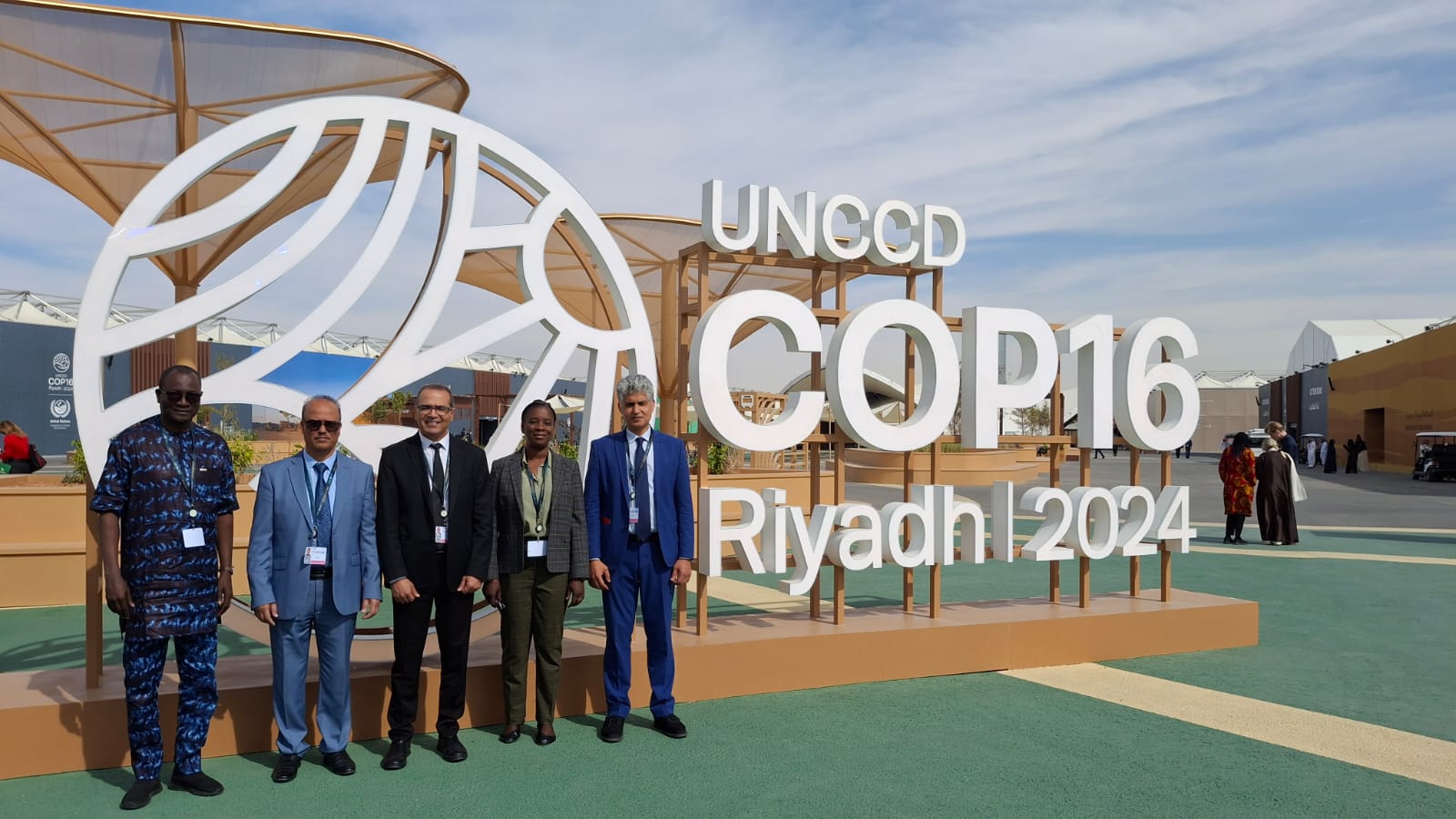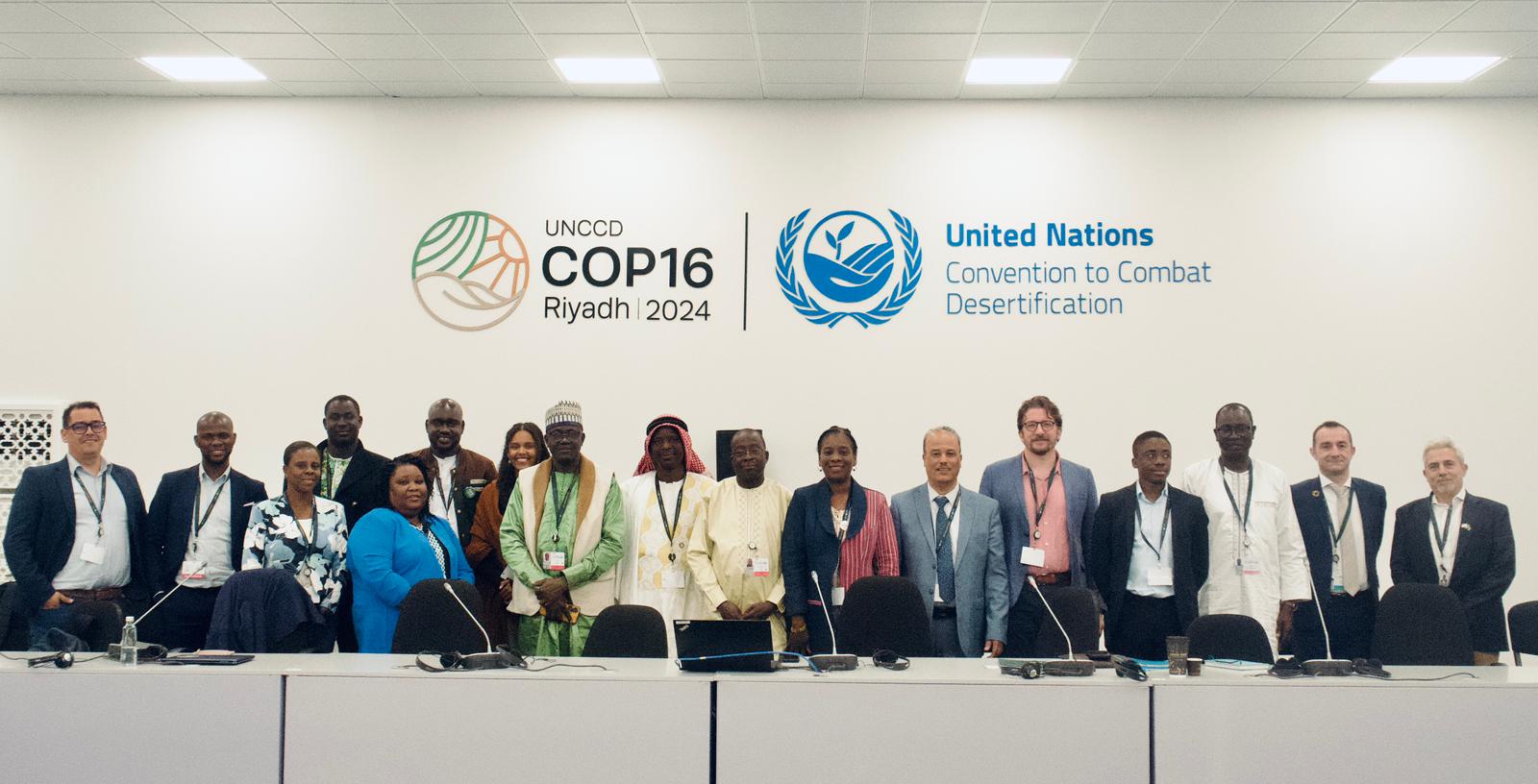27th Session of the OSS Strategic Orientation Committee, Tunis, January 28, 2025
Held on January 28, 2025 in Tunis, the 27th session of the Strategic Orientation…



















« Natural Capital Accounting serving the United Nations Decade on Ecosystem Restoration : Experience of a regional network to promote the post-2020 global biodiversity framework »
Nearly a hundred participants gathered on December 8, 2022 at COP15, to take part in the side event organized by the OSS in partnership with the AFD.
Promoting the integration of ecosystem services was at the heart of the discussions. Various stakeholders working on the conservation of biodiversity, national and regional institutions, technical and financial partners and civil society actors exchanged on the challenges and relevance of adopting this method. They shared their experiences and visions and made recommendations to better leverage African ecosystem conservation actions at all scales for better economic growth.
The contributions of stakeholders from the Convention on Biological Diversity (CBD), the International Union for Conservation of Nature (IUCN), the French Development Agency (AFD), the Economic and Monetary Union West-Africa (UEMOE), the Observatory for Biodiversity and Protected Areas in West Africa (OBAPAO), the Observatory of Central African Forests (OFAC), as well as representatives of the OSS Strategic Orientation Committee (SOC) and the focal points of the Copernicea project, made it possible to improve the debates and to underline the need to implement strategies that promote the sustainable management and use of natural capital, in order to strengthen its resilience and preserve its services.
Discussions put particular attention on the threats to African degraded ecosystems and the economic, societal and environmental damage they cause. It was highlighted that, even though considerable work has been done on several accounts including forest accounts, emphasis should be placed on the development of water accounts, as river and marine ecosystems are seriously threatened by oil extraction.
It was agreed that appropriate measures should be taken to help African countries internalize the costs and benefits of biodiversity conservation and encourage the sustainable use of ecosystems. Mrs. Ndeye Fatou MAR, OSS Land Department Coordinator, recalled the important role of the Regional Cooperation Program for New Ecosystem Accounting Indicators in Africa (COPERNICEA), and the fruitful collaboration of the OSS with its partners who are involved in the launch of the Afrik'ENCA initiative, with the objective of establishing an open-access platform, based on environmental accounts using the Ecosystem Natural Capital Accounting (ENCA) method.
It is worth noting that African and European organizations listened with care to the COPERNICEA project presentation, and that environmental and biodiversity managers came up with cooperation requests for data collection and sharing.
Indeed, the ENCA objective is to operationally fill the lack of ecosystem quantification in order to help meet the requirements and international concerns, in terms of biodiversity and ecosystem services mainstreaming in the national planning processes.
The development of a strategy for extending the ENCA method to other African countries and to assign a monetary value to the accounts and have it adopted to influence decision makers, was also discussed and recommended.
Held on January 28, 2025 in Tunis, the 27th session of the Strategic Orientation…

The participation of the Sahara and Sahel…

OSS Side Event at COP16: Strengthening Resilience in the Sahel through Multi-…